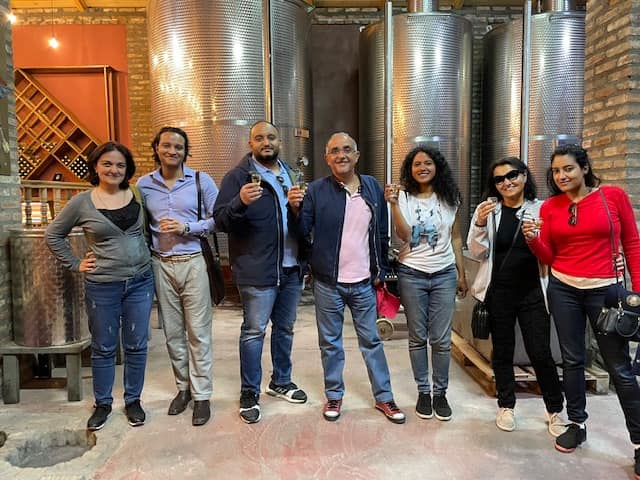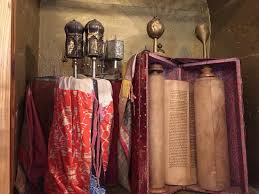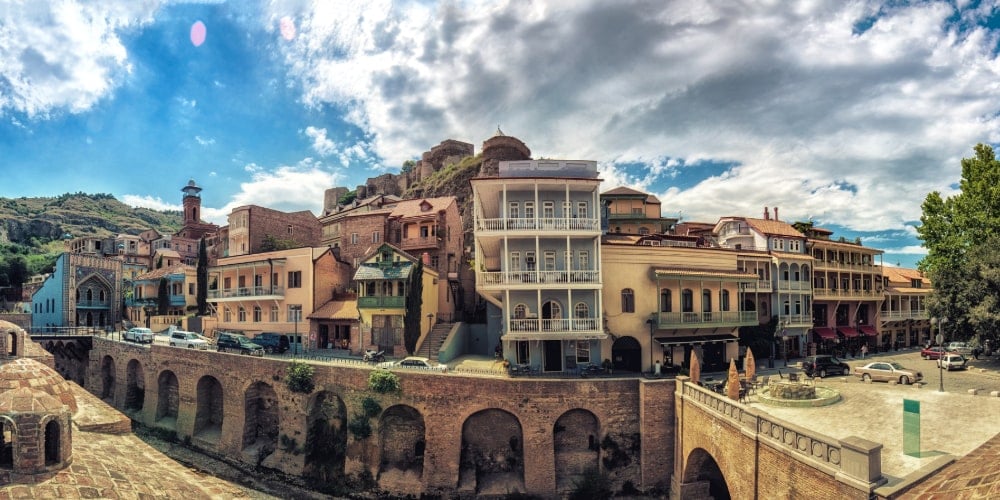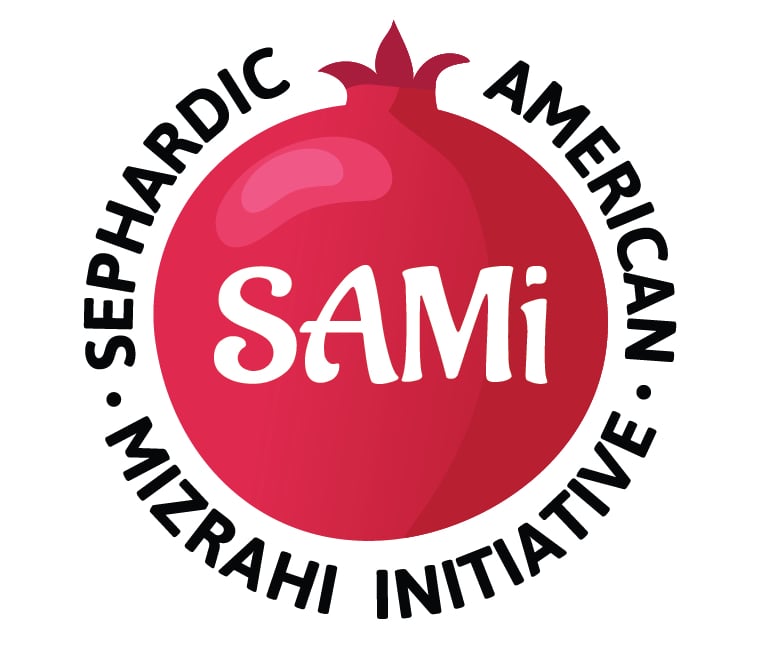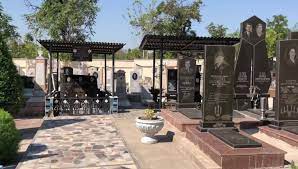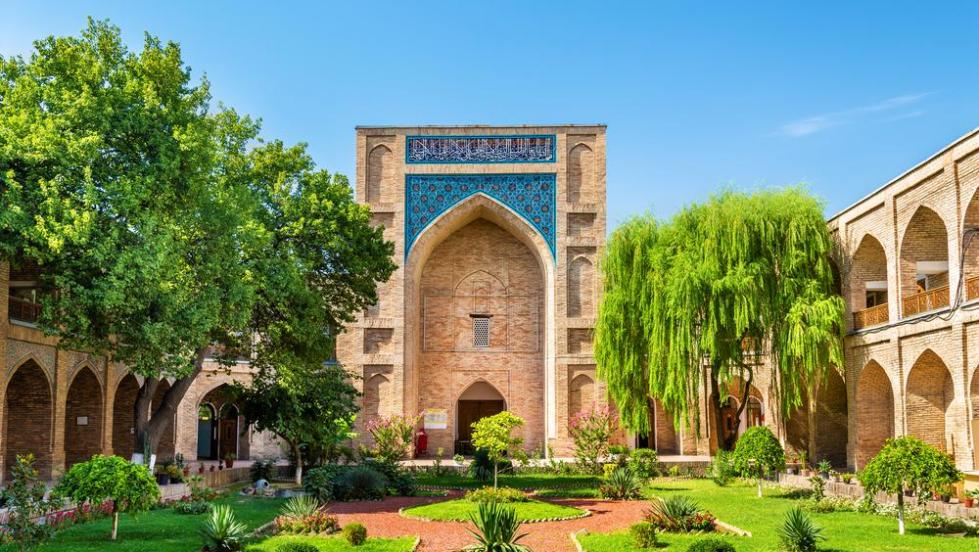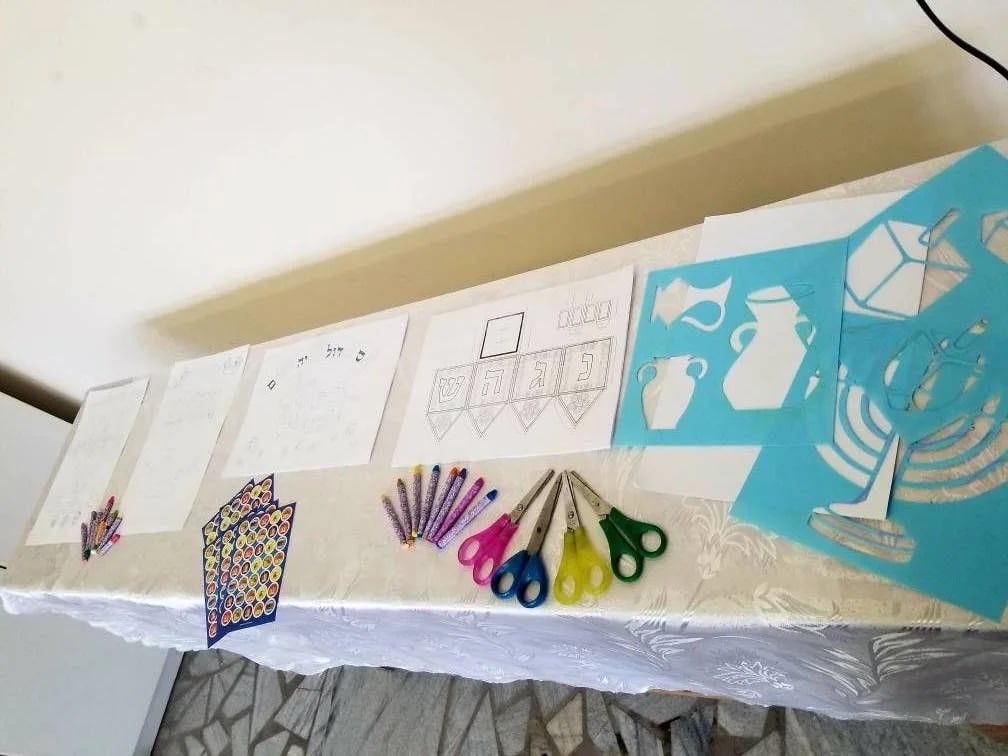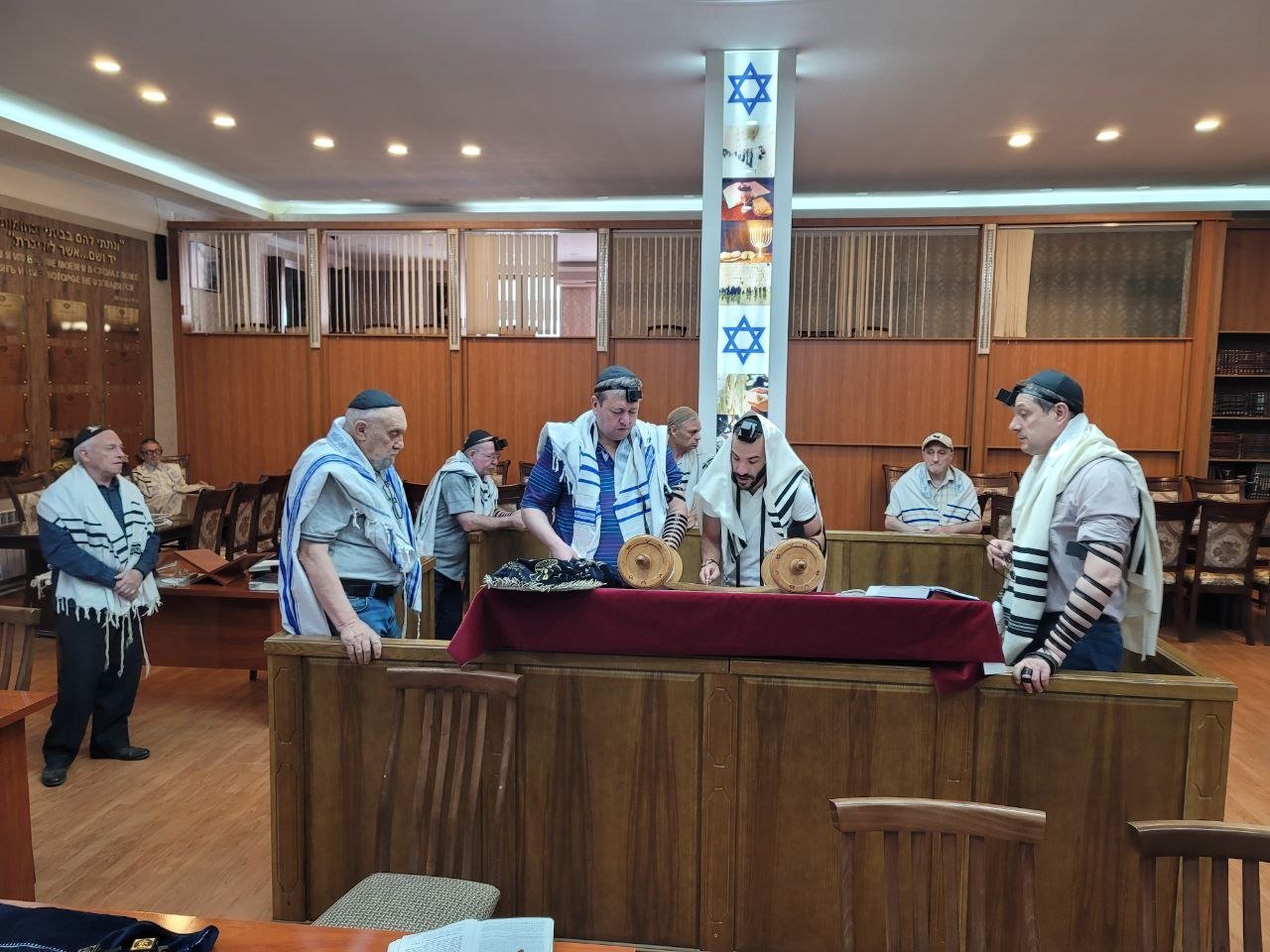Besides organizing private tours, they offer airport transfers, give suggestions and help book accommodations.
Their goal is to represent the country of Georgia to its visitors with all of its amazing features, rich history, culture, traditions and beautiful nature, delicious food, unique wine, and nice people. Make sure our guests enjoy their vacation, have an unforgettable time, and go back full of emotions. “The responsibility we feel towards our country and our guests is what drives our company and makes us successful.”
When you decide to have a private tour in Georgia and explore this amazing country, “Simon Tours Georgia” is here to be your host, organize private tour,s and make your visit unforgettable. They will customize private tours just altered upon your interests.
